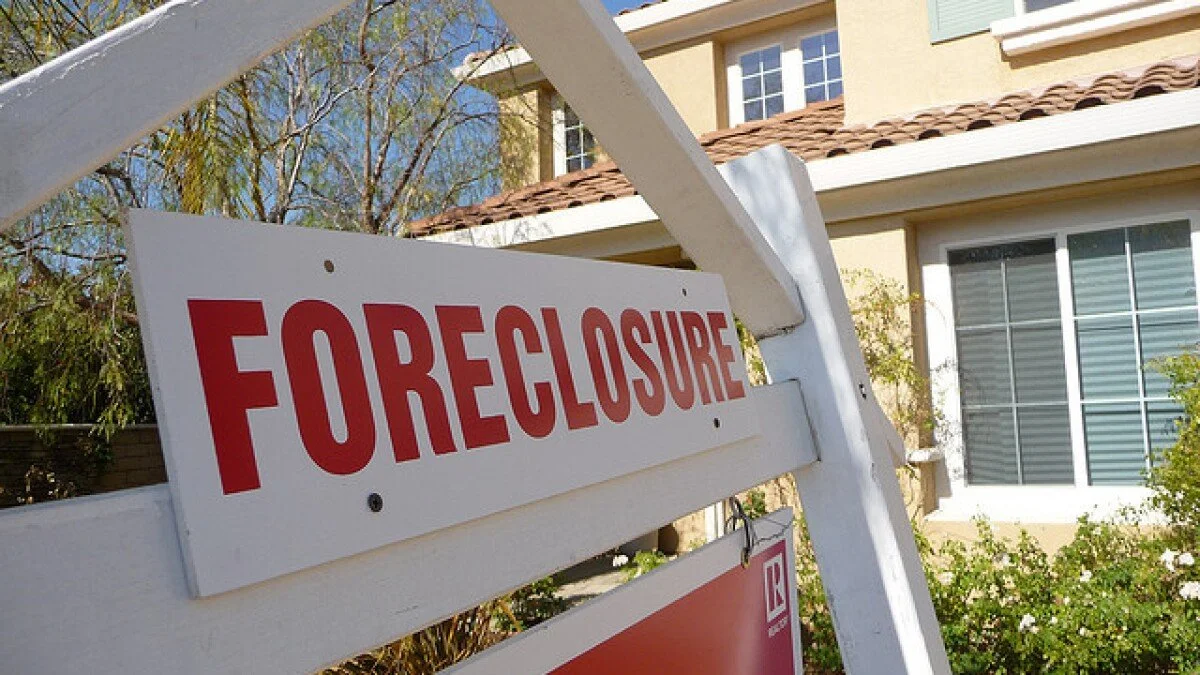How to Sell a House in Baltimore Before Property Tax Foreclosure
Falling behind on property taxes can happen to anyone — especially during times of financial stress or unexpected life changes. But once your unpaid taxes start accumulating penalties and interest, you risk losing your home to a property tax foreclosure. The good news is that you still have options. If you act quickly, you can sell your house in Baltimore before the foreclosure process begins or completes, preserve your equity, and protect your credit from long-term damage.
Here’s a detailed guide on how to do it step by step.
1. Understand What Property Tax Foreclosure Means
When property taxes go unpaid for a certain period — often one to three years, depending on your state or county — your local government can place a tax lien on your property. This lien allows them to eventually auction or sell your home to recover the unpaid taxes.
The process usually follows these stages:
Delinquency notice – You’ll receive a letter informing you of missed payments.
Tax lien sale or certificate – The county may sell your tax debt to investors.
Redemption period – You get a final chance to repay the taxes plus penalties.
Foreclosure sale – If you don’t pay, the property is sold at auction.
Once foreclosure happens, you typically lose all rights to the property and any equity you’ve built. That’s why selling before the foreclosure is often the best move — it allows you to take control of the outcome.
2. Know Your Redemption Period
Every state gives homeowners a “redemption period,” which is the time frame in which you can repay your taxes before losing your home permanently. Some states allow several months after a tax sale to redeem, while others end the right immediately after auction.
If you sell during this period, the sale proceeds can pay off your back taxes and stop the foreclosure. Check your local tax collector’s or treasurer’s website to confirm the exact deadlines — acting early gives you more options.
3. Determine How Much You Owe
Before listing your home, request a tax payoff statement from your local treasurer’s office. This document shows:
The total unpaid taxes
Interest and late penalties
Legal or administrative fees
Knowing the exact payoff amount helps you price your home correctly and ensure the sale covers all debts. If your mortgage lender has also advanced funds to cover taxes, verify those balances too.
4. Decide the Best Selling Strategy
Depending on how much time you have before the foreclosure deadline, you can choose one of several approaches:
a. Traditional Market Sale
If you still have months before foreclosure and your home is in good condition, listing with a real estate agent might bring the highest price. Your agent can market the home aggressively and work with buyers familiar with quick closing timelines.
b. Sell to a Cash Investor
If time is short or the property needs repairs, a cash buyer or real estate investor can be your best option. They can close in as little as 7–14 days, buy “as-is,” and handle any title or tax issues directly with the county. Though the price may be slightly lower than market value, you’ll avoid foreclosure entirely and clear your debt fast.
c. Short Sale
If your home’s value is less than what you owe (including the tax lien), your lender might approve a short sale, allowing you to sell for less than the total balance. This requires lender approval but can be a lifeline if both mortgage and taxes are in default.
5. Communicate With Your Tax Authority
Transparency can buy you time. Contact your county tax office or collector and explain that you’re in the process of selling your home to pay off the taxes. In many cases, they may delay the foreclosure auction if you can provide proof of an active sale — such as a signed purchase agreement or pending listing.
6. Clear Title and Coordinate Payouts
Before closing, your title company will verify all liens — including the property tax lien. The sale proceeds will be distributed in this order:
Outstanding property taxes and penalties
Mortgage balance (if any)
Other liens or judgments
Remaining equity to you
Once the taxes are paid from the sale, the lien is released and foreclosure proceedings are halted. Your closing agent ensures all payments go to the correct government offices.
7. Avoid Common Mistakes
Many homeowners lose valuable time because they don’t act soon enough. Avoid these errors:
Ignoring notices – Even one missed deadline can trigger an auction.
Waiting for “forgiveness” – Counties rarely cancel tax debts.
Overpricing the home – Price competitively to sell quickly.
Not disclosing the tax issue – Buyers will find out during title search; honesty builds trust and speeds the process.
8. Consider Professional Help
If you feel overwhelmed, reach out for assistance. A real estate agent experienced in distressed properties, a real estate attorney, or a tax foreclosure consultant can help you navigate paperwork, negotiate timelines, and protect your remaining equity.
Even a free consultation can clarify your legal rights — such as the ability to redeem or sell during certain stages of the process.
9. Act Quickly — Every Day Counts
Time is your biggest asset. Selling before a property tax foreclosure:
Stops interest and penalties from compounding
Prevents your home from being auctioned at a fraction of its value
Preserves your credit record
Gives you control over the sale price and terms
If you wait too long, even a willing buyer can’t help because the government sale will override private transactions. Acting early ensures you keep as much equity as possible and avoid the long-term financial consequences of foreclosure.
Conclusion
Property tax foreclosure doesn’t have to mean losing everything. By understanding your rights, calculating what you owe, and moving fast to sell your house before the foreclosure, you can turn a stressful situation into a manageable exit. Whether you choose to list with an agent or sell directly to a cash investor, the key is to start now — before deadlines close in.
Your home is still your asset until the moment it’s taken — use that time wisely to protect your finances, your credit, and your peace of mind.

